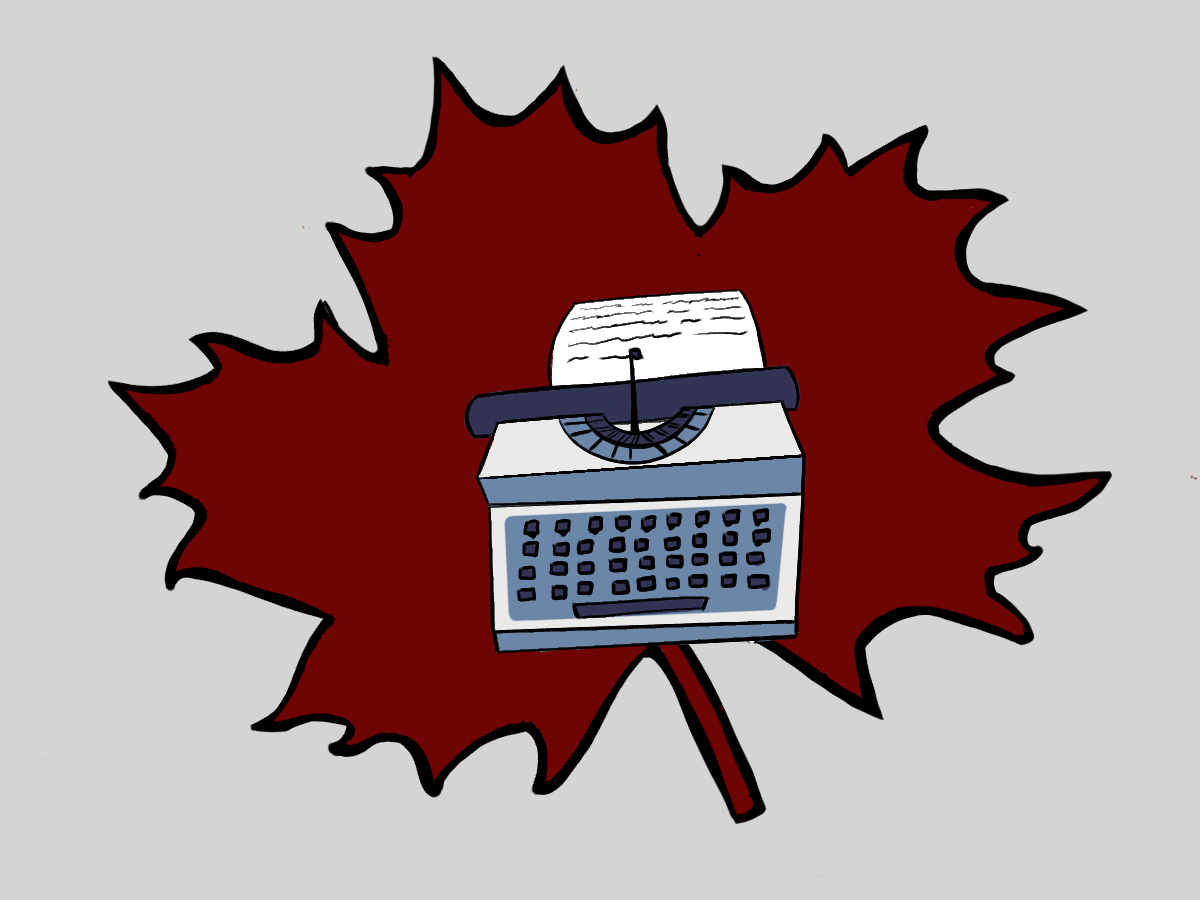Having published over 20 books in her lifetime, the work from this Canadian writer still remains underappreciated to this day
Despite publishing over 20 books in her lifetime, Canadian poet and novelist Gwendolyn MacEwen remains one of Canadian literature’s most elusive and underappreciated writers. Born in Toronto in 1941, MacEwen grew up during a time when many young male writers, such as Leonard Cohen and Daryl Hine, were being discovered in Canada.
This made it extremely difficult for women to be accepted into the arts community as established writers. As well-known Canadian author Margaret Atwood notes in the introduction to MacEwen’s Volume One: The Early Years, “Women artists of any kind, in that still heavily-Freudian era, were assumed to have adjustment problems… if women insisted on doing rather than being, they were likely to end up with their heads in the oven.” This certainly didn’t deter MacEwen, and Atwood adds, “MacEwen wanted to be out on the sharp edge with the boys, not back in the kitchen with the girls.”
By age 16, she had several poems published in the well-respected literary journal The Canadian Forum. By 18, she left high school to continue honing her skill as a writer, and she soon wrote her first novel Julian the Magician. While many had warned her that adopting a career as a writer wasn’t a good move for a young woman, especially during the late fifties, she continued to churn out spellbinding work that would eventually win her the Governor General’s Literary Award in 1969.
While a quick Google search will offer relatively limited information about the writer, it remains clear from brief biographies that MacEwen’s life was a turbulent one. Her mother suffered from mental illness, spending long periods of time away from home in mental health institutions. Additionally, her father suffered from alcoholism.
In 1987, the writer’s own life came to a tragically early end due to complications arising from her own struggles with alcoholism.
Despite these unfortunate circumstances, MacEwen turned to writing as an escape. Atwood later notes in the introduction that “Her childhood was stressful; but the conviction that she would be a poet came to her as a saving grace in early adolescence.” MacEwen was able to not only craft fantastical settings and characters for herself, but also for her readers. While her work offers an escape, it also holds up a mirror to readers and demands that they take time to reflect on the world around them. Take for example this particular verse from one of her most well-known poems The Discovery. MacEwen writes:
When you see the land naked, look again / (burn your maps, that is not what I mean) / I mean the moment when it seems most plain / is the moment when you must begin again.
In her poems, she often encourages readers to push the boundaries of things they may interpret as both real or unreal. She also encourages readers to scrutinize even the most unsuspecting and ordinary of objects around them, such as clocks and coins.
MacEwen’s poems are guaranteed to take you on an adventure, but it certainly won’t be a breezy one. It’s one that challenges you, one that guides you to the darkest corners of the mind. And although MacEwen’s readers are left with many questions, they know not to expect answers. Perhaps that’s just part of her charm, and ultimately, her legacy.
Feature Graphic by James Fay
